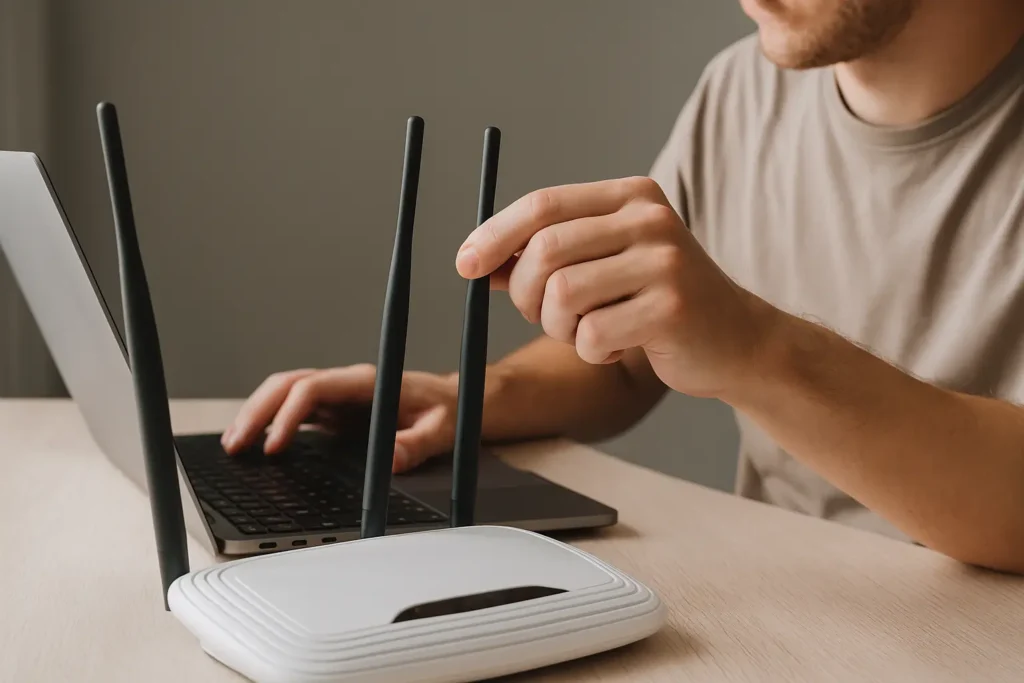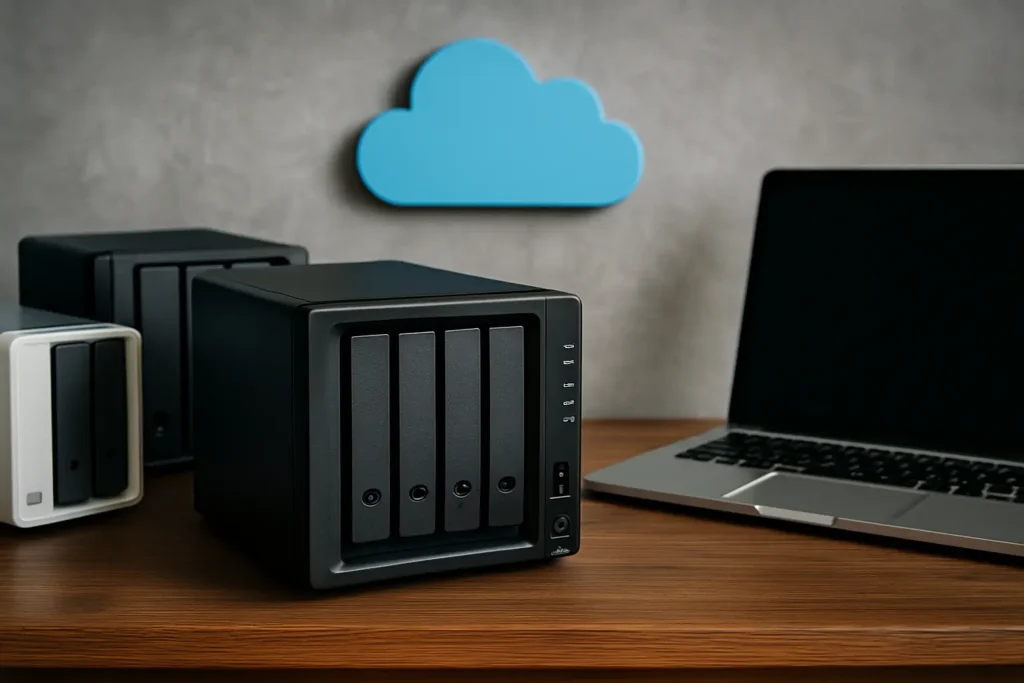The internet, as we know it today, started back in the late 1960s with a U.S. research project called ARPANET. It was created to allow computers at different universities and military bases to communicate. What began as a small experiment in data sharing evolved into a global network that connects billions of people and devices.
Despite how wireless it may feel, the internet is mostly physical. In fact, over 95% of internet traffic travels through underwater fiber optic cables laid across the ocean floor. These submarine cables form the foundation of the internet, carrying information between countries and continents at incredible speeds.
Once your data travels across these underwater cables, it reaches massive and secure data centers. These are powerful buildings filled with servers that store, route, and manage your digital information. From there, the data is passed to local internet service providers (ISPs) — companies like Comcast, PLDT, or Singtel — that deliver the internet to your home or business using fiber optics, DSL, or wireless connections.
But not all internet experiences are the same. Several factors can affect your connection’s speed and quality:
- The reliability of the submarine cables
- Your ISP’s internal infrastructure
- The condition of your neighborhood’s network
- Maintenance or overloads in data centers
Even with a fast internet plan, your actual speed may vary due to network congestion, outdated hardware, or other bottlenecks in the system.
At home, your router also plays a crucial role. If it’s old or not placed properly, or if too many devices are connected at once, your Wi-Fi speed can slow down. That’s why upgrading your equipment and understanding how the internet flows — from global infrastructure to your device — can help improve your experience.
Final Thoughts
The internet might feel like magic, but it’s built on real cables, data centers, and infrastructure that span the entire world. By understanding how it all works — from its history to the physical systems behind it — you can make smarter decisions about your devices, providers, and how you stay connected.



